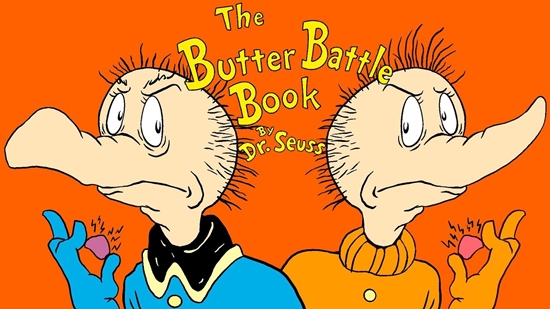
It’s the first China-EU summit meeting in four years, so it’s very important.
Chinese Dictator Xi Jinping hosted what CNN’s Simone McCarthy describes as a “closely watched summit Thursday” with European Union leaders “which could decide whether the two major economies will be able to resolve deep trade tensions—or see those spiral further” (“European leaders are in Beijing with a list of concerns. Will China’s Xi listen?,” December 7, 2023)?
Fittingly, by way of preface to the negotiations, Xi had some very important points to make.
Xi said that China-EU relations are “standing at a new starting point.” He said that China and the EU need to “sum up historical experience.” He said that China and the EU need to “demonstrate wisdom and responsibility.” He said that China and the EU need to “stay committed to the correct positioning” of their “comprehensive strategic partnership.” He said that China and the EU should “continuously enhance mutual political trust.” He said that China and the EU should “build strategic consensus.” He said that China and the EU should “remove all kinds of interference.”
You can almost forget Dictator Xi’s mass murdering and prolific other crimes when you hear such inspiring words.
CNN reporter McCarthy suggests that Xi’s words echoed those of “Chinese Foreign Minister Wang Yi earlier in the week, which touted the visit as a chance to ‘push China-EU relations to a new level with new prospects.’ ” It seems then that we can add “new level with new prospects” to the list.
Yet despite Xi’s auspicious aspirational focus on new starting point, historical experience, wisdom, responsibility, correct positioning, mutual political trust, strategic consensus, and removal of interference, McCarthy suggests that prospects for major breakthroughs are slim.
[E]xpectations were low for major breakthroughs, given entrenched points of difference between the two sides, from economic relations to their starkly different positions on Russia’s war against Ukraine, which two years on China has yet to condemn.
European Council President Charles Michel and top EU diplomat Josep Borrell signaled ahead of their visit that they were ready to press Xi and Premier Li Qiang on a list of economic concerns.
“China is the EU’s most important trading partner. But there are clear imbalances and differences that we must address. We both recognize the importance of de-risking and strengthening the resilience of our economies,” von der Leyen told Xi as their meeting got underway Thursday.
From the perspective of the EU, one of the problems—which, if it is to be resolved, will require the maximum amount of new starting point, historical experience, wisdom, responsibility, correct positioning, mutual political trust, strategic consensus, and removal of interference—is the problem of trade imbalance, “which Brussels blames on Beijing’s subsidies for Chinese companies and barriers to entry into the Chinese market.”
In September, the bloc announced it was launching an investigation into China’s state support for makers of electric vehicles as soaring imports of their cars stoked fears for the future of European auto manufacturers.
China has slammed the move as a “protectionist practice,” claiming the rapid growth of its electric vehicle industry is down to “technological innovation, free competition and a complete industrial supply chain.”
It’s also pushed back on Europe’s “de-risking,” launching a diplomatic campaign criticizing the policy as illogical and politically motivated, with state-backed media taking aim at von der Leyen in particular for spearheading it.
In comments Thursday reported by state media, Xi also made an apparent reference to the policy, telling the visiting leaders: “We should not regard each other as rivals just because we have different systems, reduce cooperation just because there is competition, or engage in confrontation just because we have differences.”
“De-risking” means reducing critical dependencies on China, like depending too much on China for surveillance-capable electric cars. As the proponent of “technological innovation, free competition and a complete industrial supply chain,” China is dismayed by the EU’s professed desire to de-risk from such a solid partner simply because China has a “different system.” The project of de-risking is inconsistent with a correctly positioned new starting point.
It’s just different systems. In one system, maybe, people eat bread with the butter side up; in the other, people eat bread with the butter side down. Do we really need to be less cooperative and more confrontational because of such things?
See Also:
Human Rights Watch: “[Some] UN Member Countries Condemn China’s Crimes Against Humanity”
“UN members should use every opportunity to raise Beijing’s appalling human rights abuses in Xinjiang, Tibet, Hong Kong, and elsewhere in China. They should mobilize support for a formal UN investigation into abuses in Xinjiang. And Türk and Guterres should regularly update UN delegations on human rights in China. An update from the UN on Xinjiang is long overdue.”
Dr. Seuss Wiki: “The Butter Battle Book Transcript”
“As you know, on this side of the Wall we are Yooks. On the far other side of this Wall live the Zooks. And the things that you’ve heard about Zooks are all true! That terribly horrible thing that they do! And in every Zook house and in every Zook town every Zook eats his bread with the butter side down!”





